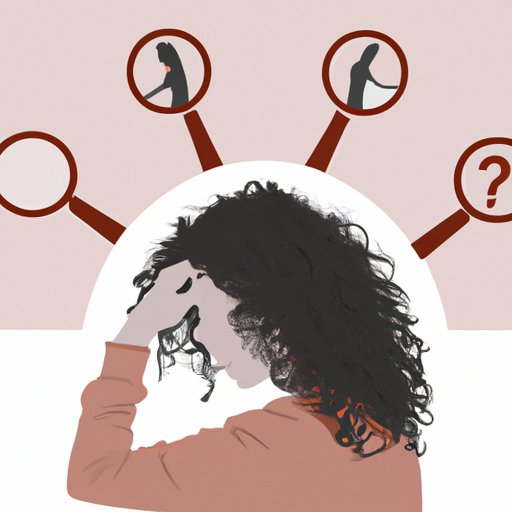
Introduction
Depression is a mental illness that affects how you feel, think, and act. It can be caused by a variety of factors, from genetics to life events, and can make it difficult to enjoy life or function properly. That’s why it’s so important to learn how to beat depression. By taking control of your mental health and implementing some proven strategies, you can increase your overall happiness and wellbeing. Here are just a few ways to get started.
Build a Support System
When you’re dealing with depression, it’s natural to want to isolate yourself from others. But that’s the worst thing you can do. Instead, it’s important to build a support system of people who can offer emotional support and encouragement when you need it most. This can include friends, family, or a therapist.
Here are some tips for reaching out for support:
- Be honest about how you’re feeling
- Ask for help when you need it
- Stay in touch with people you care about
- Join a support group
Change Your Environment
Your surroundings can have a big impact on your mental health, so it’s important to create a comfortable living environment that promotes happiness and wellbeing. This can include things like decorating your home in soothing colors, getting rid of clutter, and adding plants or other natural elements to your space.
Here are some tips for creating a more peaceful environment:
- Declutter your living space
- Add plants or other natural elements
- Decorate in soothing colors
- Make your space cozy and inviting
Exercise Regularly
Physical activity is one of the best ways to combat depression. Exercise has been shown to release chemicals in the brain that improve mood and reduce stress and anxiety. Plus, regular physical activity can improve overall health and help you feel better in your body.
Here are some types of exercise that could help:
- Walking or jogging
- Yoga or tai chi
- Dancing
- Swimming
Practice Mindfulness and Meditation
Mindfulness is the practice of being present and fully engaged in the moment. It can help alleviate stress and anxiety and increase overall happiness and wellbeing. Meditation is a great way to practice mindfulness and can be done anywhere for just a few minutes each day.
Here are some simple meditation techniques to try:
- Sit comfortably and focus on your breath
- Repeat a mantra or word that holds special meaning for you
- Visualize a peaceful place or situation
Find a Creative Outlet
The act of creation can be incredibly therapeutic and can boost self-esteem and mood. Whether it’s photography, writing, painting, or another creative pursuit, finding a way to express yourself can be a powerful tool in the fight against depression.
Here are some ways to explore your creative side:
- Take a class in something you’re interested in
- Start a new hobby
- Collaborate with other artists or creatives
- Allow yourself to make mistakes and experiment
Create a Routine
A daily routine that incorporates healthy habits can help improve mental health and provide structure and stability in your life. It’s important to prioritize self-care activities like getting enough sleep, eating healthy meals, and taking time for yourself.
Here are some habits to consider incorporating into your daily routine:
- Wake up and go to bed at the same time each day
- Eat nutritious meals throughout the day
- Schedule time for exercise and relaxation
- Practice gratitude by journaling or making a list of things you’re grateful for
Avoid Harmful Behaviors
Finally, it’s important to avoid behaviors that can exacerbate depression or make it more difficult to manage. This includes things like drugs, alcohol, and social media addiction. Instead, it’s better to seek out healthier alternatives for coping with negative feelings, like spending time with loved ones, engaging in self-care activities, and seeking professional help when needed.
Conclusion
Beating depression takes time and effort, but it’s worth it in the end. By building a support system, changing your environment, exercising regularly, practicing mindfulness and meditation, finding a creative outlet, creating a routine, and avoiding harmful behaviors, you can take control of your mental health and start feeling better. Remember to be patient with yourself and to celebrate your progress along the way.





